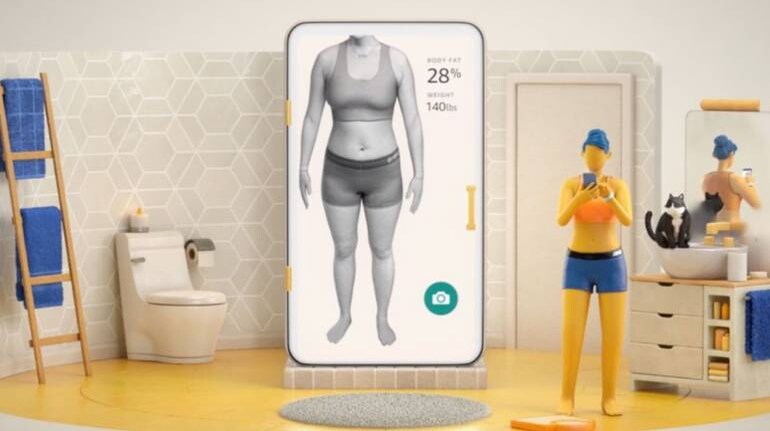
If we could strap Aamir Khan of ‘Dangal’ or Rujuta Divekar on our wrists, we wouldn’t need fitness trackers. But since we can’t do that, trackers have become a staple in the gadget era. The question is are some of their features, such as sleep or tone analysis, really necessary. And do they do more harm than good by further loading our brains with esoteric data.
It is understandable if serious athletes or patients use the bands. Both categories need health and exercise analyses. And it was alright till the trackers gave you necessary information, like calories burnt, heart rate and distance covered.
Then they got into analysing sleep. I will say here what I say to anyone who monitor their snooze. Is it so hard to tell that you slept well or not? Isn’t a report card of your night further going to play on your mind? Shouldn’t we have an uncomplicated, Sehwag-like approach to as many aspects of life as possible, even though that’s easier said than done?
Things became more complicated in August when Amazon released a band called Halo. In exchange for your pictures in tight-fitting clothes or your undergarments, it analyses your body fat percentage. (Don’t know if the range of readings spans from ’10 percent body fat’ to ‘Donald Trump’).
“You’ll need to wear tight, minimal clothing (think a sports bra and bike shorts for women; boxers or briefs for men), tie up your hair, and keep about 4-6 feet of space between you and your phone,” the Amazon website says. “Uniform lighting from the front is ideal. When you’re ready, the Amazon Halo app shows you exactly how to stand and guides you through taking four scan images—front, back, and each side.”
It also has a feature called ‘Tone’ which listens to your voice and tells you how you are sounding. Again, do you need advanced tech to tell you that you are sounding stressed or rude?
Amazon guarantees customers their privacy. “Your body scan images are automatically deleted from the cloud after processing,” the company says. “After that, the images and resulting personalized 3D body model are only stored locally on your phone. This means no one but you ever sees them, unless you choose to share them with a friend or coach—or for a future #transformationtuesday post.”
The same applies to the ‘Tone’ data.
Reviews of the product have been mixed. ZD Net called it “creepy but useful.” The Washington Post, owned by Amazon founder Jeff Bezos, called it “the most invasive tech we ever used”.
News18.com wrote, “Given Amazon’s track record, we wouldn’t blame anyone if they proceed cautiously before revealing their extra flab or particularly vulnerable emotional moments of the day to Amazon.”
There is little doubt that fitness trackers are popular. And the category is expected to grow. According to S&P Global, “Estimated fitness tracker worldwide revenues were $4.29 billion in 2019, up from $3.25 billion in 2018. Revenues are forecast to rise to $4.49 billion in 2020, as demand remains solid in North America and in Asia. By 2024, we are projecting global revenues to be $4.97 billion.”
Tech runs our lives today. It is best to accept that and embrace it. But not to a degree where we lose touch with ourselves so much that gadgets become our masters.
Discover the latest Business News, Sensex, and Nifty updates. Obtain Personal Finance insights, tax queries, and expert opinions on Moneycontrol or download the Moneycontrol App to stay updated!